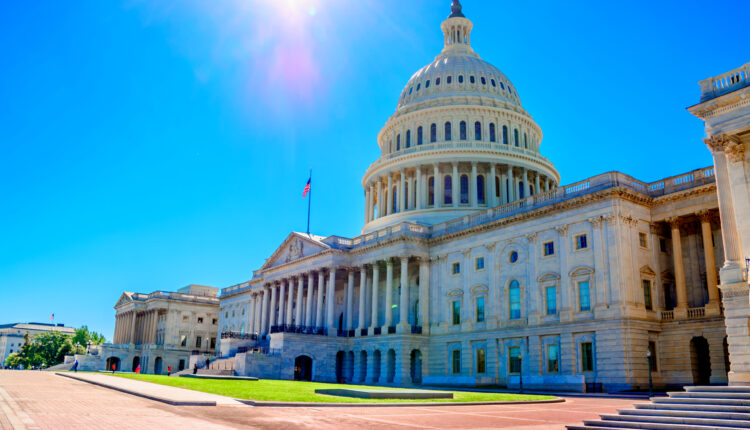
Drug Enforcement Agency Supports Biden’s Plan for Streamlining Psychedelics Research
The White House’s plan for streamlining psychedelics, marijuana and additional Schedule I drugs now has the full backing of the Drug Enforcement Agency, commonly referred to with the acronym of DEA. The National Institute On Drug Abuse (NIDA) has also stated it supports the White House proposal for streamlining the research process. Though the comments were not made in regard to all psychedelics, the process will likely be streamlined for many of them in the years ahead. This news is music to the ears of psychedelics investors.
Inside the Beltway’s Shifting Stance on Schedule I Drugs
The agencies noted above testified this past Thursday before a House Energy and Commerce subcommittee. The hearing testimony demonstrated support for the recently altered ONDCP Schedule I drug research plan. ONDCP is an acronym short for Office of National Drug Control Policy. The meeting’s focus was on the much-debated decision to strictly classify substances that are related to fentanyl. The research components of Biden’s proposal also made it that much easier to alleviate concern within the scientific community pertaining to the challenges posed by studying additional drugs classified as Schedule 1 substances.
The DEA’s written testimony stated that the expansion of access to Schedule I research is an important component of the overarching DEA goal to safeguard the public’s health and safety. The agency is looking to study substances on this Schedule as many of them appear to have considerable therapeutic value. Furthermore, the DEA stated it supports the Biden administration’s proposals for expanding access to researching the drugs on the Schedule.
About the Research Expansion
In plain terms, the expansion of the research noted above is an aligning of research requirements necessary for Schedule I drugs so they are more similar to those on Schedule II. Schedule II substances are less restrictive than Schedule I drugs. As most in the scientific community know, Schedule I controlled substances are difficult to study as the requirements for research are egregiously complex.
The shift in stance will largely remove limits on the research of these drugs, potentially setting the stage for their use in medical settings to treat patients suffering from PTSD, anxiety, depression and even anti-social disorders.
A Closer Look at the Proposed Changes to Schedule I Drug Research
Instead of requiring that each scientist participating in Schedule I substance studies obtains registration through the DEA, the ONDCP would prefer that several researchers under the same academic umbrella participate together in one registration. There is also a push for single registration for studies that occur at several locations.
Another proposed alteration empowers specific researchers to conduct studies after notifying the Department of Justice rather than holding off until official approve the proposals. The proposed plan would even eliminate the mandate for inspections at Schedule I drug research sites, empowering researchers to create drugs without securing distinct registrations.
Stay tuned. If these proposed alterations are made, it will be that much easier to study Schedule I drugs and ultimately bring them to market for patient use.

